Tag
#2030
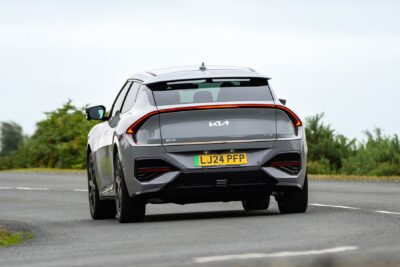
UK government relaxes ZEV mandate
07.04.2025

UK government likely to back away from strict EV quotas
10.03.2025
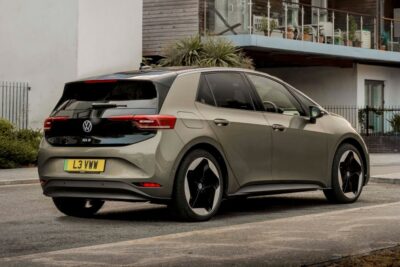
The UK could subsidise electric car loans
30.01.2025

UK government consults OEMs on combustion engine phase-out
02.01.2025

UK could relax ZEV mandate for local manufacturers
27.11.2024

UK: Government sticks to 2030 ICE phase-out plan
21.11.2024
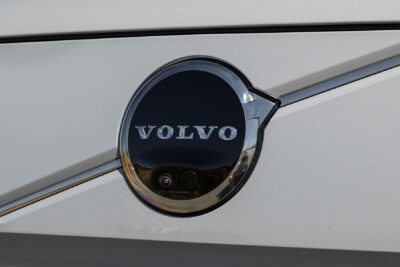
Volvo revises its product roadmap
20.09.2024

The UK brings the ICE phase-out back on track
24.07.2024
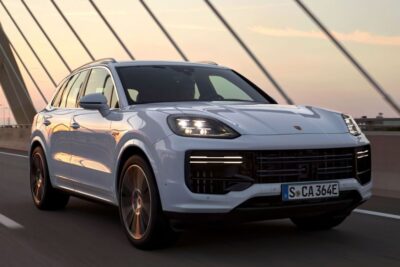
Porsche slightly adjusts electric vehicle targets
22.07.2024

Ford abandons goal to go all-electric in Europe by 2030
22.07.2024

Singapore announces stop sale date for diesel cars and taxis
11.07.2024
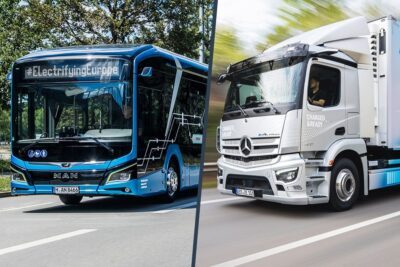
Vote finalised: EU adopts stricter CO2 standards for trucks and buses
14.05.2024
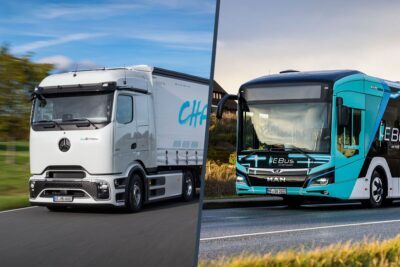
EU Parliament approves stricter CO2 standards for trucks and buses
11.04.2024
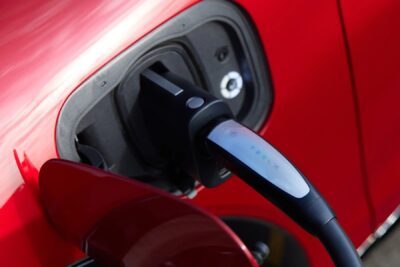
US carmakers must reduce CO2 fleet emissions by 49% by 2032
21.03.2024
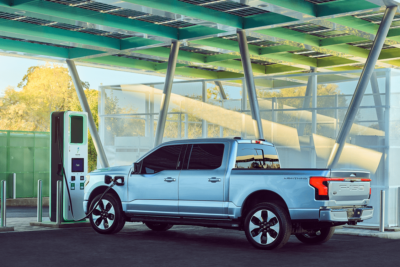
US could weaken proposed tailpipe emission cuts
19.02.2024
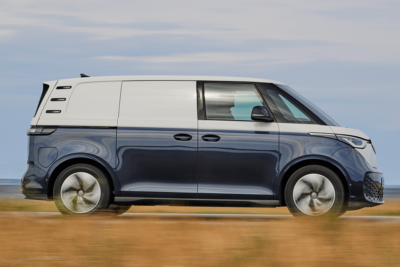
Norway likely to miss electrification target for 2025
16.02.2024
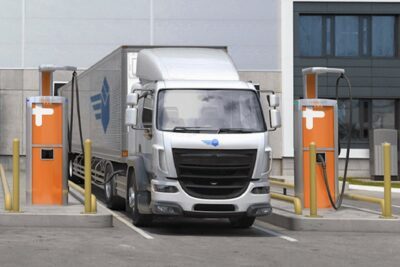
Way is clear for new CO2 standards for lorries and buses in the EU
09.02.2024

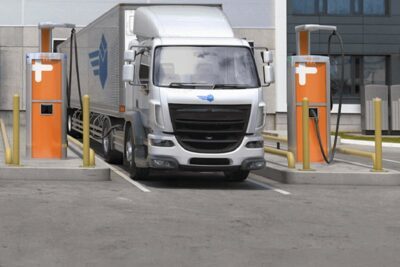
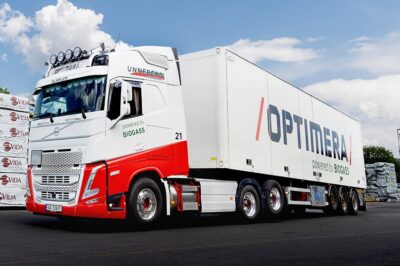
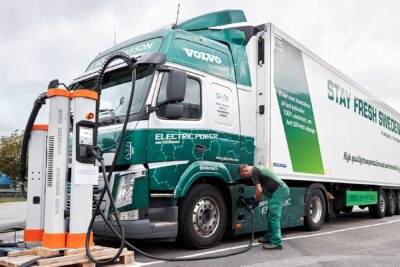
Last commented